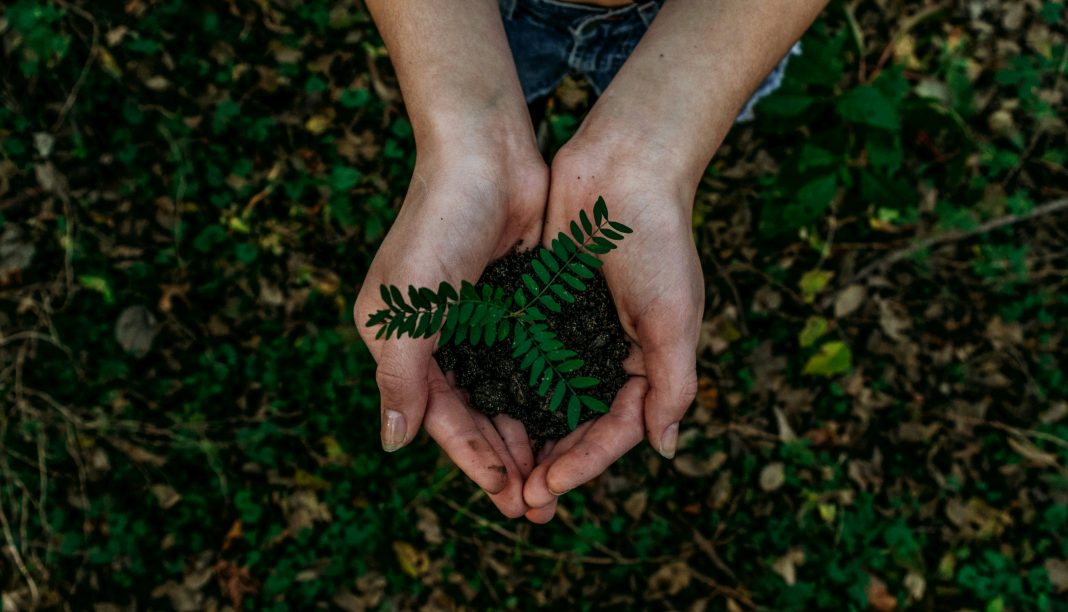According to Yogesh Punde, Senior Industry Principal at Kinaxis, sustainability has evolved from a mere buzzword to a critical mandate for businesses worldwide. As environmental challenges and regulatory pressures mount, companies must rethink their supply chain strategies to prioritize sustainability. Punde emphasizes that even the simplest products, like a water bottle, reflect a company’s commitment to eco-friendly practices through sustainable packaging and labeling.
He points out that achieving sustainability cannot rely solely on traditional supply chain management methods. Instead, integrating artificial intelligence (AI) is essential for managing the vast amounts of data—particularly emissions data—while enhancing supply chain visibility. Punde notes that many organizations overlook the environmental aspects of their operations, and with regulations continuously evolving, innovative approaches are necessary to meet carbon neutrality targets and control emissions across all scopes.
AI’s role in sustainability is becoming increasingly vital as organizations collect and analyze data related to emissions. Punde notes that 90% of greenhouse gas emissions stem from supply chains, highlighting the urgency of addressing this issue. He cites the importance of managing direct emissions (Scope 1) and those occurring within the supply chain (Scope 3) as regulations become more stringent.
During discussions at the Big Ideas Summit, Punde observed that consumer demand is driving sustainability, especially regarding reporting and traceability. Industries such as semiconductors and consumer packaged goods are prioritizing water management due to rising global energy prices.
However, the data dilemma remains a significant challenge. Organizations must focus on accurate data collection and monitoring to enable effective sustainability practices. Punde concludes that integrating AI and ensuring transparent data collection are critical steps toward achieving sustainability goals, allowing companies to not only meet their targets but also build a more resilient and responsible future.



